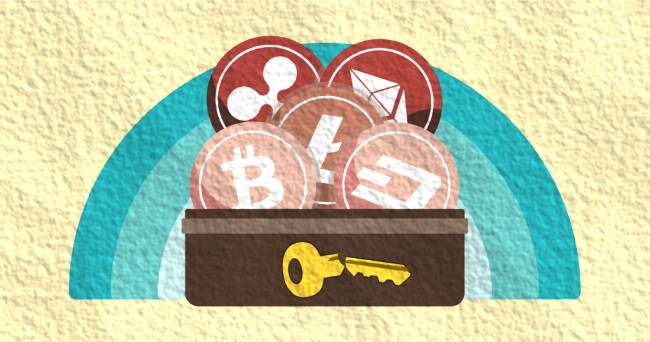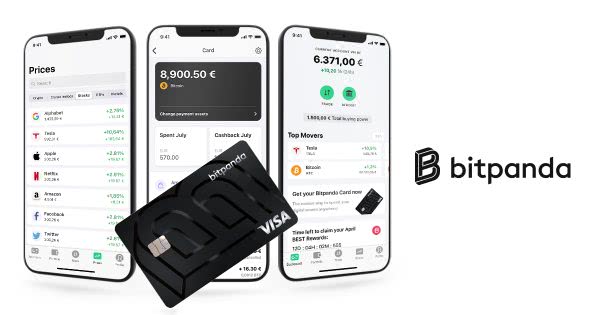
The article is addedd on 2023-03-15 12:53:56 by Miroslav Trifonov
usefulcrypto securitywallets
As cryptocurrencies become more popular, so does the importance of keeping your digital assets safe. One of the most secure ways to store your cryptocurrencies is through a non-custodial wallet. Unlike a custodial wallet, which stores your private keys on a third-party server, a non-custodial wallet gives you full control over your private keys and therefore, your funds. In this article, we will discuss some tips on how to secure a non-custodial crypto wallet.
1. Choose a reliable wallet
The first step in securing your non-custodial wallet is to choose a reliable one. Look for a wallet that has a good reputation in the community and has been around for a while. Research the wallet's security features, such as two-factor authentication and biometric login, to ensure they meet your needs.
2. Keep your private key safe
The private key is the most important piece of information in a non-custodial wallet. It is what gives you access to your funds. Make sure to keep your private key safe and never share it with anyone. Consider using a hardware wallet or writing down your private key on a piece of paper and storing it in a secure location.
3. Enable two-factor authentication
Two-factor authentication (2FA) adds an extra layer of security to your wallet. It requires you to enter a unique code in addition to your password to access your wallet. Consider using a 2FA app like Google Authenticator or Authy instead of receiving codes via text message, as text messages can be intercepted.
4. Use a strong password
Your password should be strong and unique. Avoid using common words or phrases and use a combination of uppercase and lowercase letters, numbers, and symbols. Consider using a password manager to generate and store strong passwords for you.
5. Keep your software up-to-date
Make sure to keep your wallet software up-to-date. Updates often include security patches and bug fixes that can help protect your funds. Set up automatic updates if possible to ensure you are always using the latest version.
6. Beware of phishing scams
Phishing scams are common in the crypto world. Hackers will often send fraudulent emails or create fake websites to try and trick you into giving them your private key or other sensitive information. Always double-check the URL of a website and never click on links from unknown sources.
In conclusion, securing a non-custodial wallet requires a combination of common sense and technical knowledge. By choosing a reliable wallet, keeping your private key safe, enabling two-factor authentication, using a strong password, keeping your software up-to-date, and being wary of phishing scams, you can help protect your digital assets and invest in cryptocurrencies with confidence.







